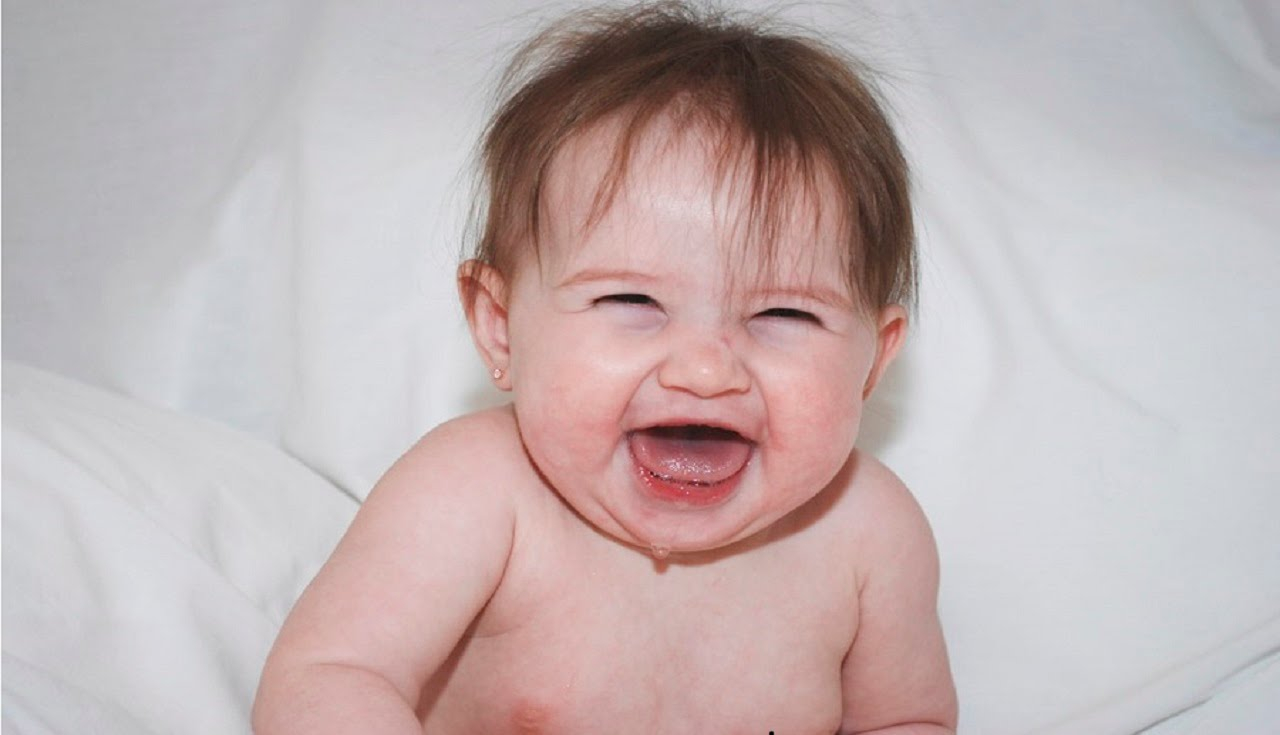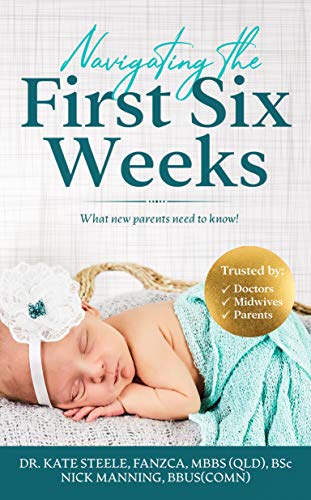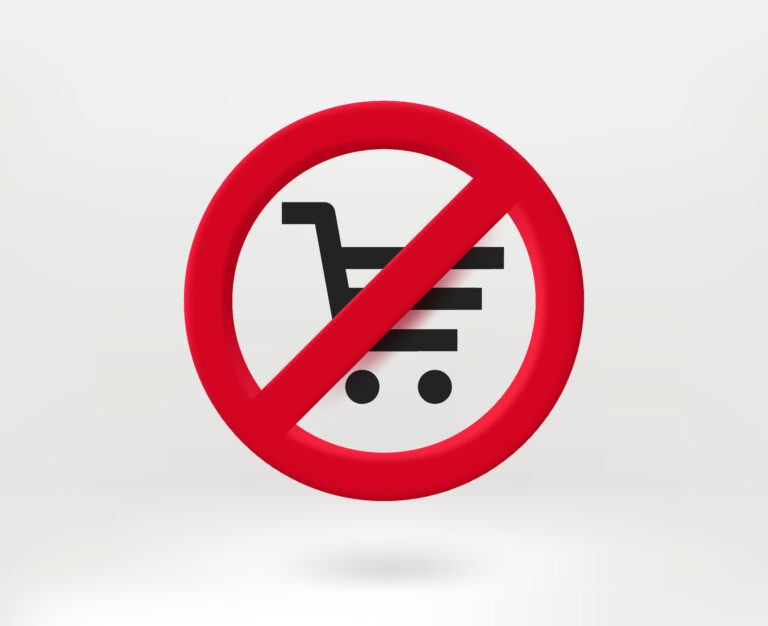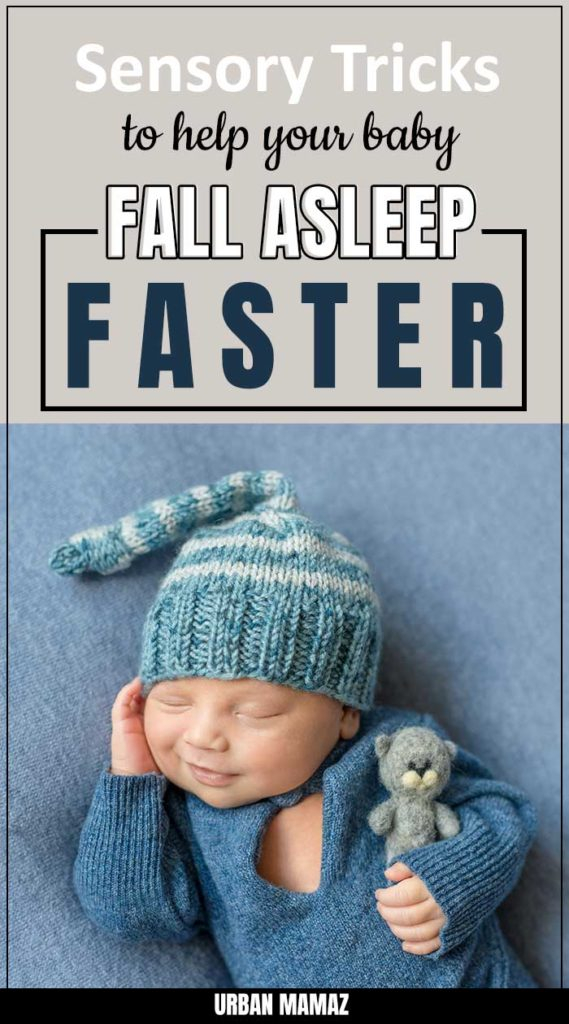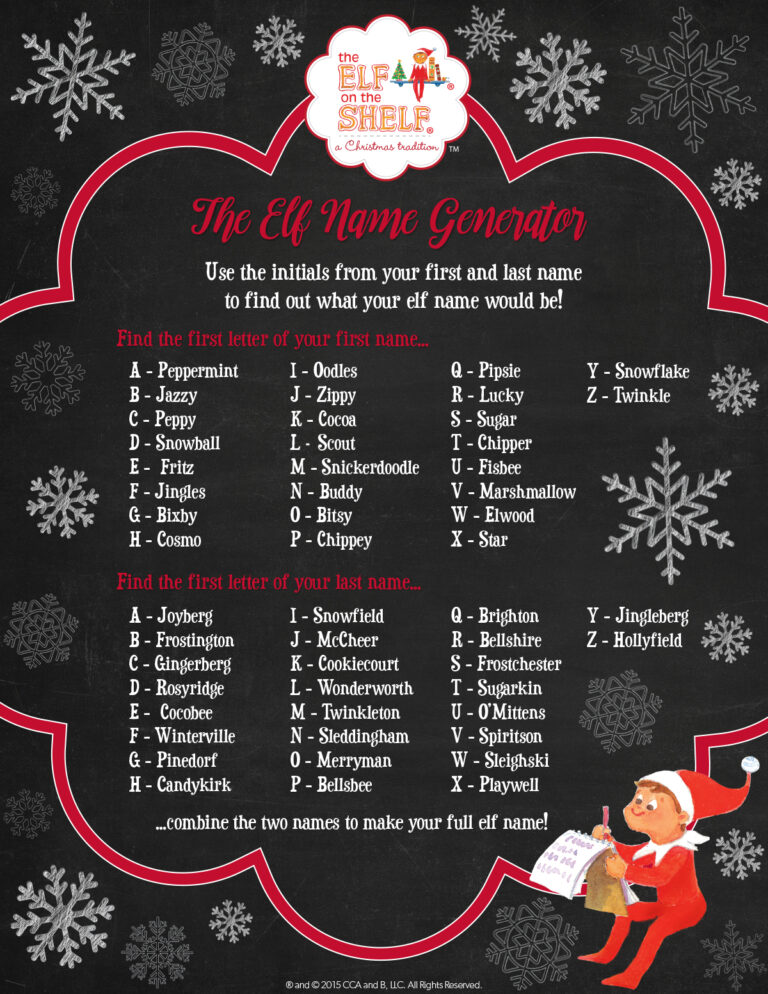When Does A Baby Laugh: The Joyful Sound of Infancy
Have you ever stopped to wonder when a baby’s laughter first emerges? The sound of a baby’s laughter is one of the most heartwarming and precious sounds in the world. It can melt away stress, bring a smile to anyone’s face, and remind us of the innocence and joy of infancy. In this article, we will delve into the fascinating topic of when babies start laughing, what makes them laugh, and the joy it brings to parents and caregivers.
Knowledge
Laughter is a universal language that transcends age, culture, and language. It is a natural response to joy, happiness, and humor. Babies are no exception to this rule. The ability to laugh is actually an important developmental milestone that signifies a baby’s growing social and emotional awareness.
Most babies start laughing around 3 to 4 months of age. However, some babies may start giggling as early as 2 months, while others may take a little longer to find their laughter. The first laughs are usually in response to physical sensations, such as tickling, gentle bouncing, or funny faces made by parents. As babies grow and develop, their laughter becomes more complex and can be triggered by a variety of stimuli, including peek-a-boo games, silly sounds, or unexpected movements.
Babies are easily amused and delighted by simple things that adults may overlook. The sound of a rattle, the sight of a colorful toy, or the sensation of being gently tossed in the air can all elicit peals of laughter from a baby. Babies are also highly attuned to facial expressions and body language, so a smile or a funny gesture from a caregiver can quickly turn into a fit of giggles. The key to making a baby laugh is to engage with them in a playful and interactive way, paying attention to their cues and responding with warmth and enthusiasm.
The sound of a baby’s laughter is not only delightful to hear, but it also has numerous benefits for both the baby and their caregivers. Laughter releases endorphins, the body’s natural feel-good chemicals, which can help reduce stress and promote a sense of well-being. Laughing together can also strengthen the bond between parent and child, creating happy memories that will last a lifetime. In addition, laughter is contagious, so when a baby laughs, it can spread joy and laughter to everyone around them.
Conclusion
In conclusion, the sound of a baby’s laughter is a precious gift that brings joy and warmth to all who hear it. Understanding when babies start laughing, what makes them laugh, and the benefits of baby laughter can help parents and caregivers nurture their child’s sense of humor and emotional well-being. The ability to make a baby laugh is a special skill that can create lasting bonds and memories for families. So, the next time you hear a baby giggle, take a moment to savor the sound and appreciate the happiness it brings.
In summary, the key strengths of this article lie in its detailed exploration of the topic of baby laughter, from when babies start laughing to what makes them laugh and the joy it brings. The target audience for this article includes parents, caregivers, and anyone interested in child development and the power of laughter. By understanding the significance of baby laughter, readers can better appreciate the magic of infancy and the importance of nurturing a child’s sense of humor and happiness.
In closing, the sound of a baby’s laughter is a precious and heartwarming sound that can brighten even the darkest of days. As we explore the topic of when babies start laughing, let us remember the simple joy and innocence of infancy and celebrate the laughter that fills our lives with happiness. After all, in a world that can often be filled with stress and worry, the sound of a baby’s laughter is a reminder of the beauty and wonder of life.
